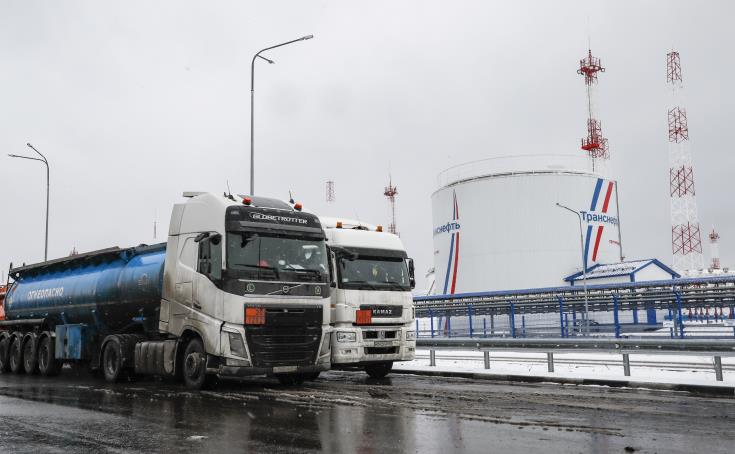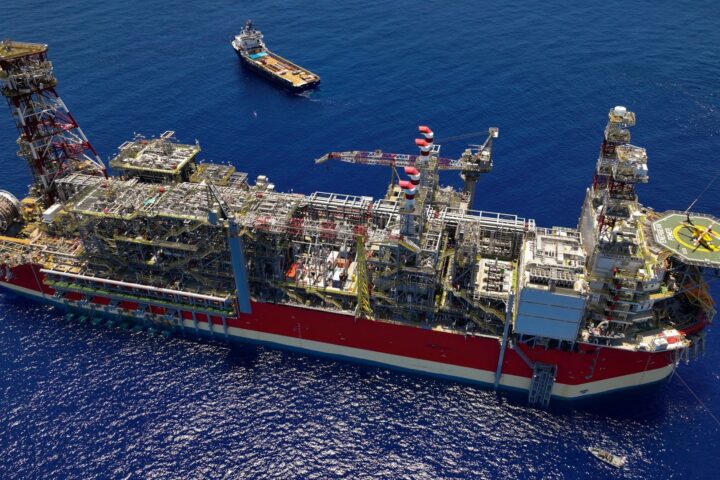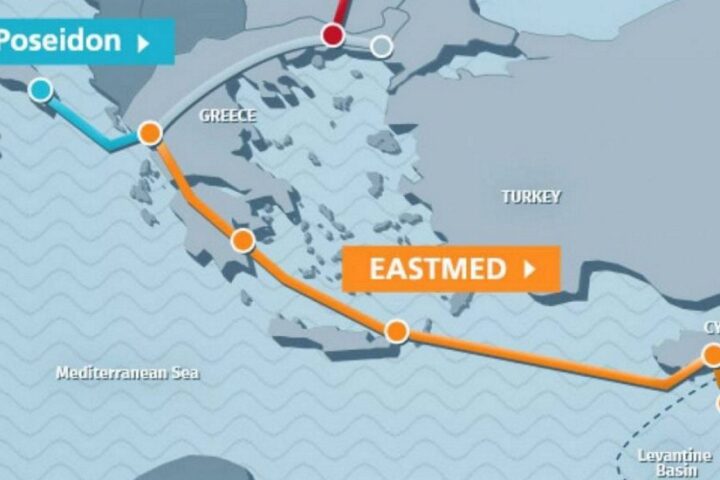High gas storage and steady liquid natural gas (LNG) imports will secure the coming winter’s gas supply in Europe, predicts a Moody’s analysis.
It said: “Our base case is that gas supply will meet demand over the 2023-24 winter.
“The economic and fiscal impact remains much less severe than we initially feared in 2022, easing immediate credit pressures on sovereigns.
“Utilities will benefit from improved gas supply, and we think it is unlikely governments will extend current windfall tax regimes.”
Moody’s said industry demand for gas and electricity will remain quite weak, which should help to avoid energy rationing and price spikes.
But a downside scenario exists for next winter’s supply (2024-25).
“In our downside scenario of a complete cut in Russian pipeline gas supplies and a 10% colder winter, we envisage a supply gap which might need government intervention like price caps and energy support relief.
“Renewed energy price increases or even outright shortages would exacerbate all of the risks sovereigns face in our base case scenario, adding pressure on industry, growth, inflation and government budgets.”
Tighter gas supply balances would drive higher power prices, which could be positive for power-generating utilities’ earnings.
However, the risk of additional windfall taxes would increase.
“Nonfinancial companies would probably voluntarily reduce or shut down production at highly energy-intensive facilities if energy prices spiked higher.”
The negative impact of the energy crisis on European industry is increasingly likely to be enduring, Moody’s argues.
“This will dent the economic strength of sovereigns’ most dependent on energy-intensive industry over time.
“Gas prices will remain higher in Europe than elsewhere, making energy-intensive sectors like chemicals less competitive.
“Foreign direct investment into Europe has declined, and while it is too soon to draw any definitive conclusions, there is plenty of anecdotal evidence to suggest concerns around European energy prices, coupled with US investment incentives, would probably weaken investment in the EU.
“A permanent and faster-than-expected decline in gas demand could result in volume declines and raise credit pressure on gas infrastructure in the medium to long term.”










